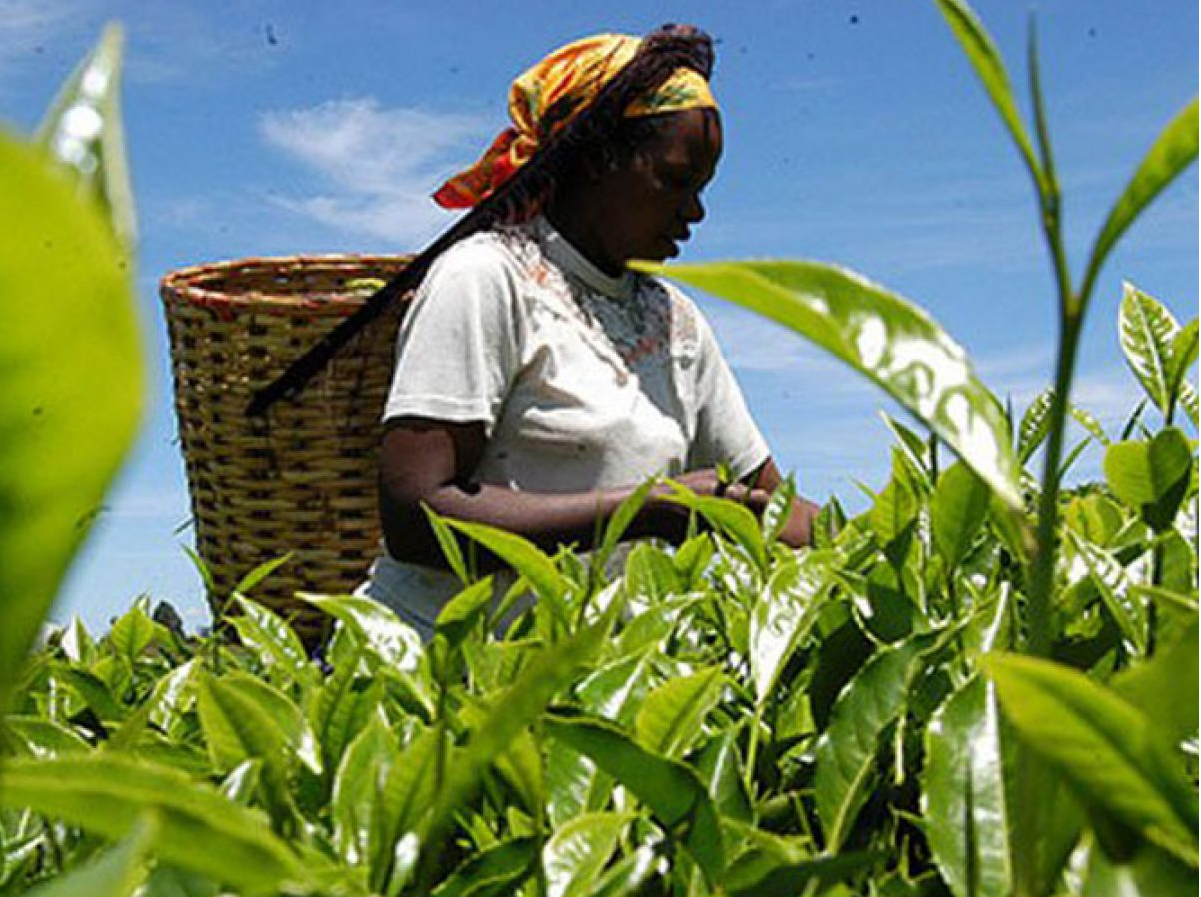While Safaricom on Wednesday, November 10 announced a 12.1% bump in its half-year profits to Ksh37 Billion, it was the telco’s overdraft service Fuliza that stole the headlines thanks to its mind-boggling numbers.
In the six month-period from April to September 2021, Ksh242.2 Billion was disbursed through the Fuliza service which is built on Safaricom’s ubiquitous M-Pesa mobile money platform. A staggering Ksh1.34 Billion was disbursed every single day.
Fuliza was launched by Safaricom in January 2019 and is underwritten by NCBA and Kenya Commercial Bank (KCB) Group, both of which already had partnerships with Safaricom to offer short-term loans on the M-Pesa platform. Customers who opt in are allowed to complete M-Pesa transactions when their wallet lacks sufficient funds. They can complete multiple transactions provided they do not exceed their Fuliza limit.
Fuliza customers are charged a one-off 1.083 per cent interest and a daily administrative fee based on the outstanding balance. To keep default rates low, Safaricom automatically deducts any funds credited to the customer’s M-Pesa wallet.
Fuliza’s success has been a boon for Safaricom, NCBA and KCB’s coffers, but has also made it the poster child for the embattled digital finance sector in Kenya – a sector with a tarnished reputation riddled with cases of predatory lending and unethical practices.
READ>>Safaricom Posts Ksh37B Half-Year Profit as M-Pesa Drives Growth
The political angle on Fuliza is receiving more scrutiny as the country heads into the 2022 General Election, not least because of the association of NCBA with the family of President Uhuru Kenyatta. The conversation on stricter regulation for digital lenders in general has also become a campaign talking point.
The announcement of Fuliza’s most recent numbers added fuel to a raging debate, with politicians including Kiambu Senator Kimani Wamatangi and former Kakamega Senator Boni Khalwale the latest voices to weigh in on the impact of Fuliza and digital loan apps on Kenyans’ livelihoods.
Describing NCBA as a “politically correct” bank, Khalwale on Thursday, November 11 accused KCB and NCBA of acting more like shylocks and less like banks. He called for Parliament to rein in digital lenders including Fuliza by legislating lower interest rates and fees.
“There is nothing wrong with borrowing. The thing that should disturb us is where is Parliament in all this and who is behind Fuliza?” he posed on Thursday, November 11.
Wamatangi stated that it was important to call out “when Kenyans are being ripped off”, arguing that the daily administrative fees made credit too expensive for many Kenyans.
“If you borrow Ksh100 from Safaricom via Fuliza, your percentage pay-back or what you call interest is Ksh5 per day. If you’re paying in 30 days, you’ll pay Ksh150 back. What percentage is that? 150% ? What interest would a bank charge?” he asked Citizen TV’s Waihiga Mwaura on Thursday, November 11.
Deputy President William Ruto who is gunning for the Presidency has been at odds with President Uhuru Kenyatta since his 2018 handshake with ODM leader Raila Odinga. On a campaign stop in Mombasa in October 2021, he stated that he wanted his bottom-up economic model to make it unnecessary for small-scale traders to turn to “shylocks and Fuliza”.
Others who have trained their guns on Fuliza and mobile loan apps include Central Organization of Trade Unions (COTU) Secretary-General Francis Atwoli and 2022 Presidential aspirant, former United Nations Council on Trade and Development (UNCTAD) Secretary-General Mukhisa Kituyi.
Atwoli has been a backer of President Uhuru and Odinga. On Tuesday, November 9, however, he cited ‘countless’ petitions lodged by COTU members over Fuliza and digital lenders. He called for a crackdown by the Central Bank of Kenya (CBK) and Parliament on the sector.
“With most banks having their interest rates between 12% to 14% per annum, most of the digital lending facilities have interest rates of between 70% to 500% per annum. Just to mention a few, Fuliza by Safaricom, which has pushed many Kenyans into owning more than one sim card from the same mobile operator, has an interest rate of 1% per day and more than 360% p.a.”
“Other mobile lenders have an interest rate of 25% after every two weeks while others 33% for every week. This is ridiculous and unacceptable and no amount of ‘risk factor’ can substantiate this kind of banditry,” he stated.
Mukhisa Kituyi, on the other hand, highlighted how the services were leaving a section of Kenyans in a perpetual debt cycle while enriching investors.
“The rise of digital micro finance is bankrupting poor Kenyans. With a minimum of 72% interest p.a. it is transferring the earnings of the poorest to the shareholder value of the richest,” Kituyi opined.
READ>>Atwoli Takes On Fuliza, Digital Loan Apps

![A customer at a Safaricom M-Pesa agent outlet. Safaricom's Fuliza overdraft service launched in 2019 has proved wildly successful for the firm's bottomline even as citizens and policy-makers raise concerns. [Photo/ Courtesy]](https://businesstoday.co.ke/wp-content/uploads/2021/11/images.jpeg)

![Football Kenya Federation (FKF) President Nick Mwendwa is serving his second term as President of the federation. [Photo/ Courtesy]](https://businesstoday.co.ke/wp-content/uploads/2021/11/images-1-150x150.jpeg)








Excellent reporting on an eye-opener.